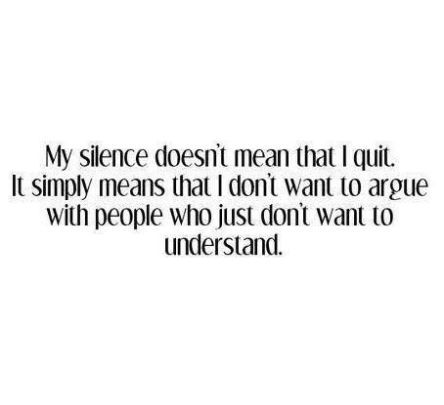“All across America and the world, families struggle with these issues, but people are more likely to cry quietly in bed than speak out. These mental health issues pose a greater risk to our well-being than, say, the Afghan Taliban or Al Qaeda terrorists, yet in polite society there is still something of a code of silence around these topics.
We in the news business have devoted vast coverage to political battles over health care, deservedly, but we don’t delve enough into underlying mental health issues that are crucial to national well-being.
Indeed, when the news media do cover mental health, we do so mostly in extreme situations such as a mass shooting. That leads the public to think of mental disorders as dangerous, stigmatizing those who are mentally ill and making it harder for them to find friends or get family support.” ~Nicholas Kristof (read the whole blog post here)
Came across this interesting blog post on the Sunday NY Times website as I was scrolling through my daily tweets. We live in a world where sensationalism sells, extremes are the targets, and if something absolutely must be included in the news they will try to spin it in a way that it is much more wild, crazy and sensational than it really is. I have no doubt that in the minds of many, many millions who haven’t personally experienced a struggle with mental illness, its’ mere mention conjures images of great tragedy (i.e. as the author mentions above – mass murders). I think Canadian comedian Russell Peters hits home with his assessment of the media’s role in creating stereotypes:
http://www.youtube.com/watch?v=QG0kiXFGwCo
Step back and think about all the things you know about the world around you. Now consider how much of this comes from what you’ve ‘heard’, what someone has told you, or what you’ve seen on TV. Now consider that very little of that is likely the truth, but we tend to treat it as the gospel.
 The fact is, mental illness is not a sensational or extreme illness just like many other chronic illnesses. But it is sadly one of few chronic illnesses that comes with the stigma of being something sensational and where those suffering from it somehow are to be marginalized or feared. A person with diabetes or COPD isn’t generally belittled or questioned about the reality of their illness – they’re accepted as a diagnosis. When you suffer from a mental illness you will, I tell you, be diagnosed and undiagnosed and re-diagnosed and told you don’t have anything wrong with you. It is a group of illnesses countless health professionals can’t agree on – but at the end of their disagreements are the people that suffer from it who quickly learn it is simply often easier to be silent then try to justify yourself.
The fact is, mental illness is not a sensational or extreme illness just like many other chronic illnesses. But it is sadly one of few chronic illnesses that comes with the stigma of being something sensational and where those suffering from it somehow are to be marginalized or feared. A person with diabetes or COPD isn’t generally belittled or questioned about the reality of their illness – they’re accepted as a diagnosis. When you suffer from a mental illness you will, I tell you, be diagnosed and undiagnosed and re-diagnosed and told you don’t have anything wrong with you. It is a group of illnesses countless health professionals can’t agree on – but at the end of their disagreements are the people that suffer from it who quickly learn it is simply often easier to be silent then try to justify yourself.
 I don’t know that any measure of talking about mental illness will bring its reality home to those who have been fortunate enough not to experience it directly. It requires real listening to those who suffer from it and stepping outside oneself to understand a brain which ceases to function like many others do. It is an illness whose descriptions are perplexing to a brain which functions ‘normally’. But maybe that’s the key – not to talk more about just mental illness but to talk more about how to actually listen to what is being said instead of what your brain perceives has been said. Maybe the key is in trying to spread not only kindness and respect, but empathy.
I don’t know that any measure of talking about mental illness will bring its reality home to those who have been fortunate enough not to experience it directly. It requires real listening to those who suffer from it and stepping outside oneself to understand a brain which ceases to function like many others do. It is an illness whose descriptions are perplexing to a brain which functions ‘normally’. But maybe that’s the key – not to talk more about just mental illness but to talk more about how to actually listen to what is being said instead of what your brain perceives has been said. Maybe the key is in trying to spread not only kindness and respect, but empathy.
Sunday ramblings (when I should be studying), complete.


Excellent post. Thank you.